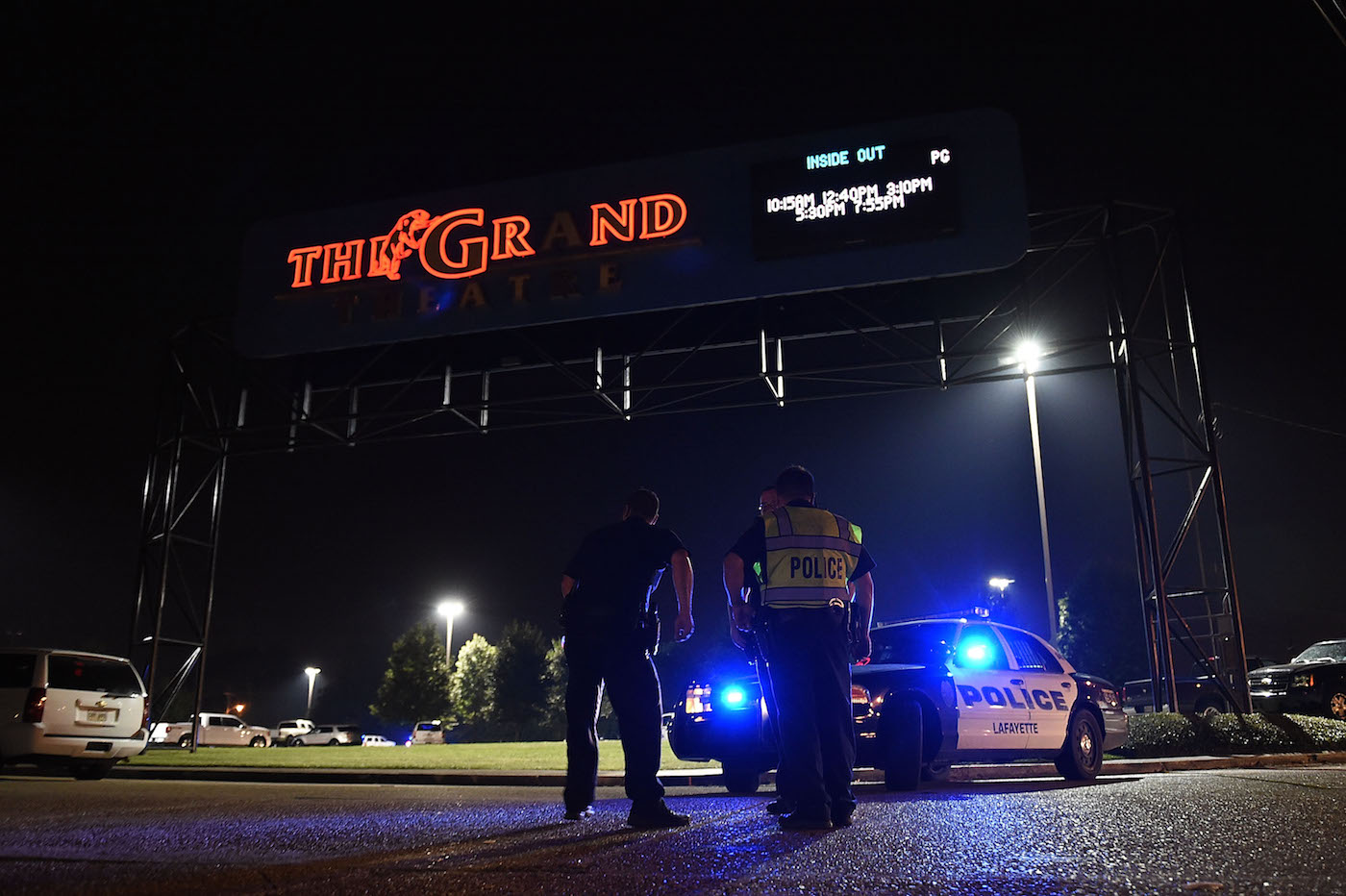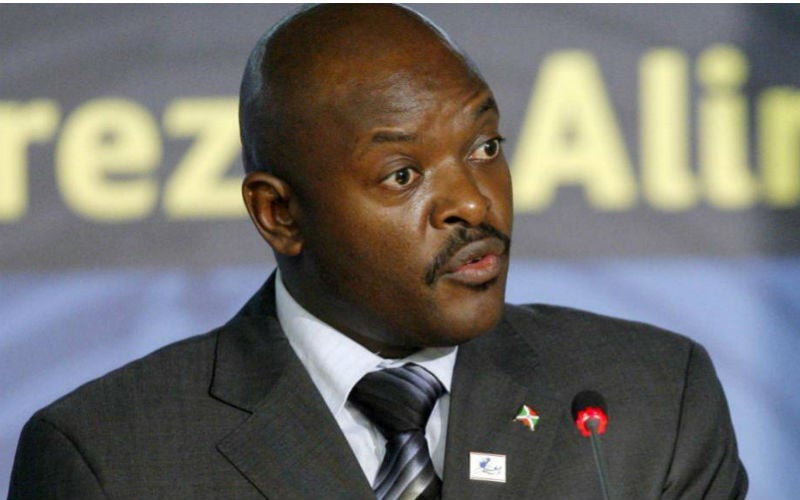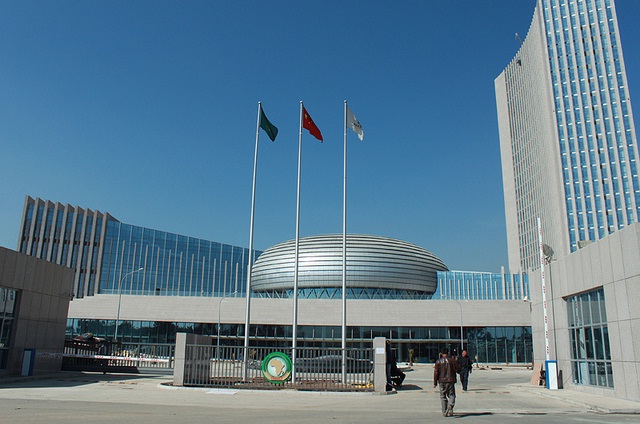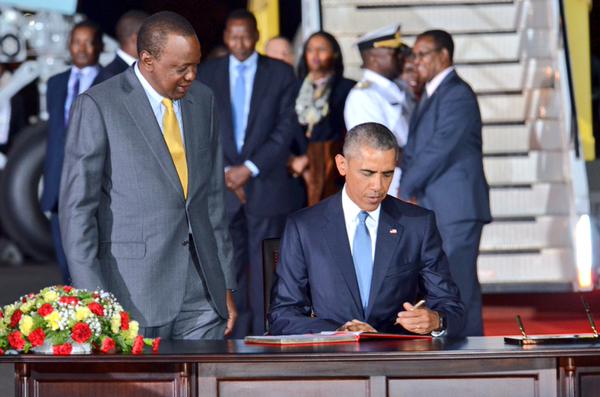The United States (US) says it is open to negotiation with North Korea following this week’s historic nuclear deal with Iran.
For years, the international community has tried to negotiate an end to North Korea’s nuclear and missile development and its export of ballistic missile technology.
The Asian country has long been a key challenge for the global nuclear nonproliferation regime.
After testing three of its nuclear weapons and development of long-range missiles capable of striking targets thousands of miles away, North Korea threatened to attack the US and South Korea and the relations between both countries have been hostile.
Advertisement
But John Kirby, spokesman of the department of states, said a deal with the country remains a priority.
“Progress in the nuclear talks with Iran clearly demonstrates our willingness to engage countries with whom the US has long-standing differences,” he said.
“The US is prepared for such negotiations with North Korea, provided that they are authentic and credible.
Advertisement
“Also, provided we get at the entirety of the North’s nuclear programme, and result in concrete and irreversible steps toward denuclearization.”
Iran and six world powers, including the US, reached an agreement limiting Iran’s nuclear capability while lifting economic sanctions on the middle eastern country.
Analysts cautioned that the Iran nuclear deal should not necessarily jumpstart negotiations with North Korea.
“I do not think North Korea is interested in such talks since its policies have been successful in building up its nuclear arsenal while moving forward with some economic improvements,” Joel Wit, editor of website 38 North, said.
Advertisement
“The Iran deals would also almost certainly embroil the Obama administration in a domestic political debate over its provisions and implementation.”
According to Douglas Paal, director, Asia programme, Carnegie Endowment for International Peace the two situations are not analogous.
“Iran’s nuclear programme was an option, not a prerequisite for the regime’s survival while Pyongyang’s weapons’ programme was central to its survival,” he said.
Advertisement
2 comments







…tired of playing ‘god?’ Bloody Americans!
What goes around, comes around. Now they want to talk!